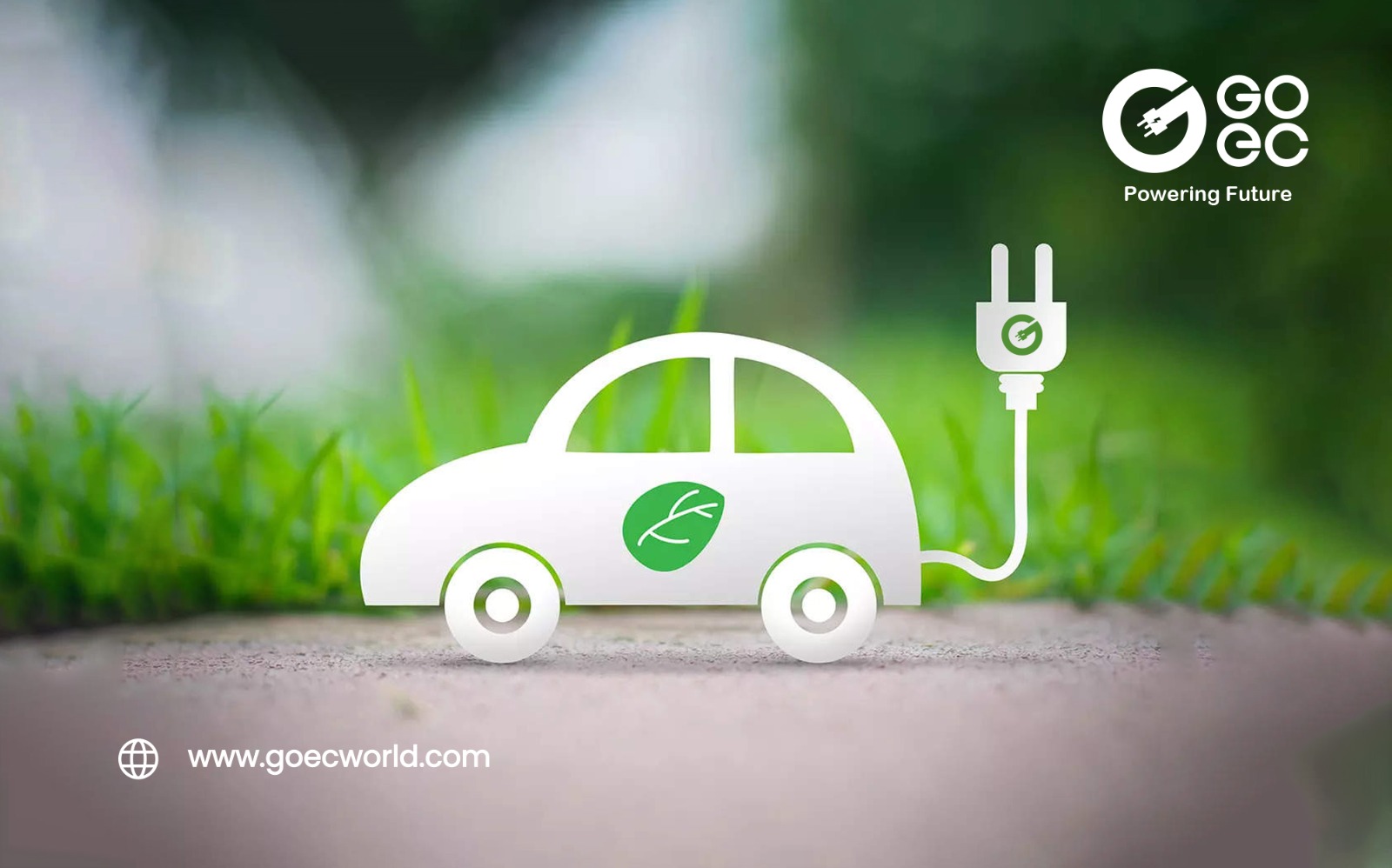Indian Prime Minister Narendra Modi has pledged to reduce the country’s carbon intensity by 45% by 2030 and achieve net zero emissions by 2070. Electric vehicles (EVs) are seen as a key solution to reducing emissions in the automotive industry, which is a major contributor to the country’s emissions. With around 50 million EVs expected to be on the road in India by 2030, the country is encouraging investment in the transition to EVs. The two- and three-wheeler segment has the greatest demand for EVs, and automakers are releasing models or announcing plans to do so shortly. Incentives and developments in battery technology are expected to reduce upfront procurement costs. Achieving India’s net zero targets will require cross-sectoral contributions from countries, industries, and companies. If fleets are not electrified, transport-related emissions could skyrocket by 2050, playing a part in accelerating climate change. India has pledged to produce 50% of its electricity from non-fossil sources by 2030 and to reduce the emissions intensity of its GDP by 45%, as part of its Nationally Determined Contributions under the 2015 Paris Agreement.
